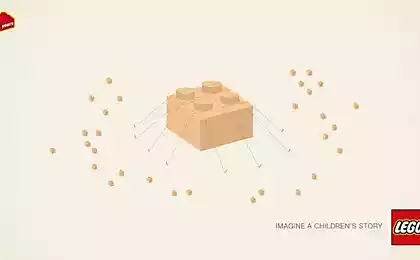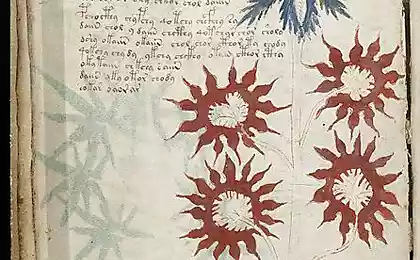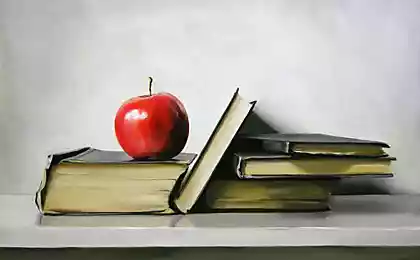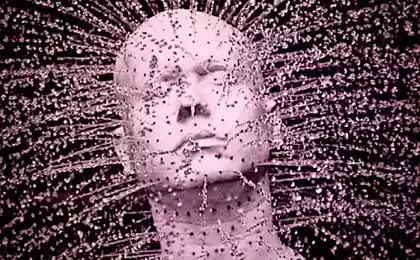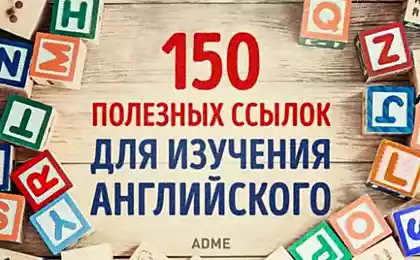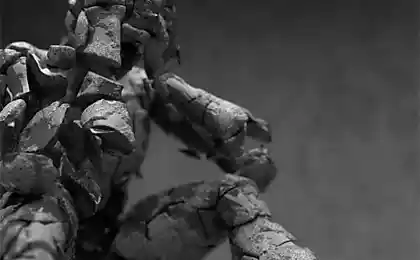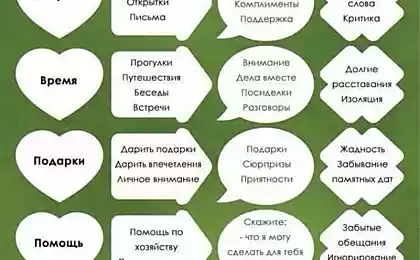173
Guess the meaning of tricky words from Dahl's explanatory dictionary
Vladimir Ivanovich Dahl was born in the family of a Russified Dane and a German. At the age of thirteen he entered the Naval Cadet Corps, served in the Navy, then graduated from the medical faculty of the University of Dorpat and gained fame as a brilliant military doctor. The future corifuge of Russian literature was friends with Pushkin, composed poems, published collections of Russian fairy tales. But he entered the history of Russian science by creating an explanatory Dahl dictionary - one of the largest and most significant dictionaries of the Russian language.
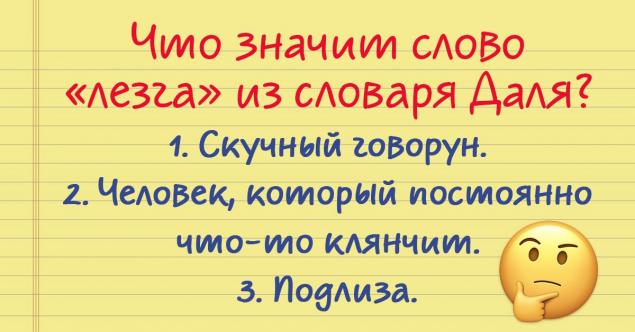
This multi-volume work showed the incredible richness of the Russian language, as well as the variety of capacious and sonorous dialect word forms, nowhere else recorded. We invite readers to determine the meaning of a few interesting words that have disappeared from our speech, but still live on in the dictionary. To guess what the murds are, you will agree, not khukhry-murds! However, sometimes simple logic is enough for this.
Let's try to guess the meaning of words
Answers.
Well, if you guessed at least 8 out of 10, then Vladimir Ivanovich could be quite proud of you! We do not encourage you to use outdated words in everyday life. But their knowledge will allow us to better understand our history, will be useful when reading the classics of Russian literature, will make the speech more vivid and expressive.

This multi-volume work showed the incredible richness of the Russian language, as well as the variety of capacious and sonorous dialect word forms, nowhere else recorded. We invite readers to determine the meaning of a few interesting words that have disappeared from our speech, but still live on in the dictionary. To guess what the murds are, you will agree, not khukhry-murds! However, sometimes simple logic is enough for this.
Let's try to guess the meaning of words
- cheburah
Let's start simple. Cheburakha is, of course, ...
(a) joke
(b) toss, overturn
hit - Hurds murdas
(a) things, possessions, junk
(b) confusion
What is not easy to do is not a trifle.
- stream
In Dahl's day, it was called that.
(a) the hairdresser, because he cuts his hair
b) formation
paternal uncle - Out.
(a) complain of difficulties
(b) ask for money
(c) praise something to receive as a gift
- Buzz
(a) sit down
b) sing with a bird
(c) bother, disturb - Floating
(a) yawner
b.
inept
- blade
(a) boring talker
A person who is always begging for something
c) lick - Sick.
(a) seriously ill
(b) pity, pity
(c) be interested - It rejuvenates.
(a) flirting, captivating, seducing
(b) cold, misfortune is approaching
(c) makes you younger, restores youth - Obalagure
(a) laugh, laugh
(b) trick, speak teeth
(c) mess up
Answers.
- cheburah
Here we first of all remember the beloved since childhood character Eduard Uspensky. “He sat, sat, looked around, and then he took a chebur from the table to the chair. But he did not sit on the chair for a long time - he chuburached again. Get down. “Wow, Cheburashka what!” said the director of the store about him.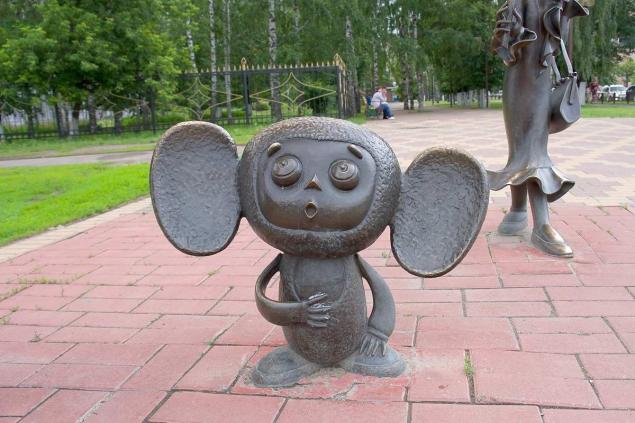
Apparently, Eduard Nikolaevich liked to look into the Dahl dictionary. Since the meaning of the outdated word he conveyed absolutely correct. Cheburakh, according to Dal, throw, throw, overturn. To fall, to fall, to fall. - Hurds murdas
I immediately recall a similar “huhry-muhry”, meaning something unimportant or not particularly significant. Hurds-murds, according to Dal, are all sorts of things, possessions, junk, junk. Probably comes from the Turkish urda (a thing that has no value, a trifle).
For those who are fighting against the dominance of foreign words, the wonderful “hurdy murds” can serve as a perfect substitute for English stuff. - stream
Father's brother, paternal uncle. - Out.
The meaning of this word is not difficult to guess. It comes to mind to gasp to beg. In Dahl's dictionary, praise something to get as a gift. - Buzz
Sing with a bird. The nightingale in the garden chews, chews, song. - Floating
As you may have guessed by now, this is the one who is always looking the wrong way. In other words, the onlooker. - blade
A trick question. Dahl points out that lezga is a chatterbox, a rattle, a gruff, a boring talker. But at the same time, it's a goose. So we have two right answers. - Sick.
The outdated word “painful” (not to be confused with “painful”) means compassionate pity. From here you can guess that to "sicken" at Dahl - to have mercy, to have pity. - It rejuvenates.
According to legend, Dahl became interested in collecting words at the age of 18. And the first thing in his notebook was what he heard from the digger "rejuvenates" in the meaning of cold, leans towards bad weather. - Obalagure
Balagur in the same Dahl dictionary is a joker, a merry man. But to cheat, oddly enough, means not to laugh, but to deceive, to speak teeth, to inflate with stories, especially when selling or buying.
Well, if you guessed at least 8 out of 10, then Vladimir Ivanovich could be quite proud of you! We do not encourage you to use outdated words in everyday life. But their knowledge will allow us to better understand our history, will be useful when reading the classics of Russian literature, will make the speech more vivid and expressive.
They asked the ladies over 40 where they are looking for gentlemen.
All my life heated with wood, explain, round or crushed wood is more profitable to buy for the winter






